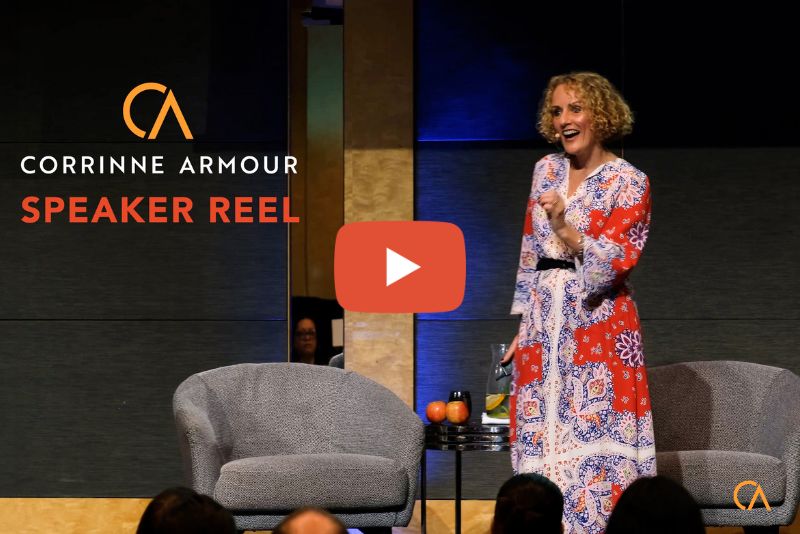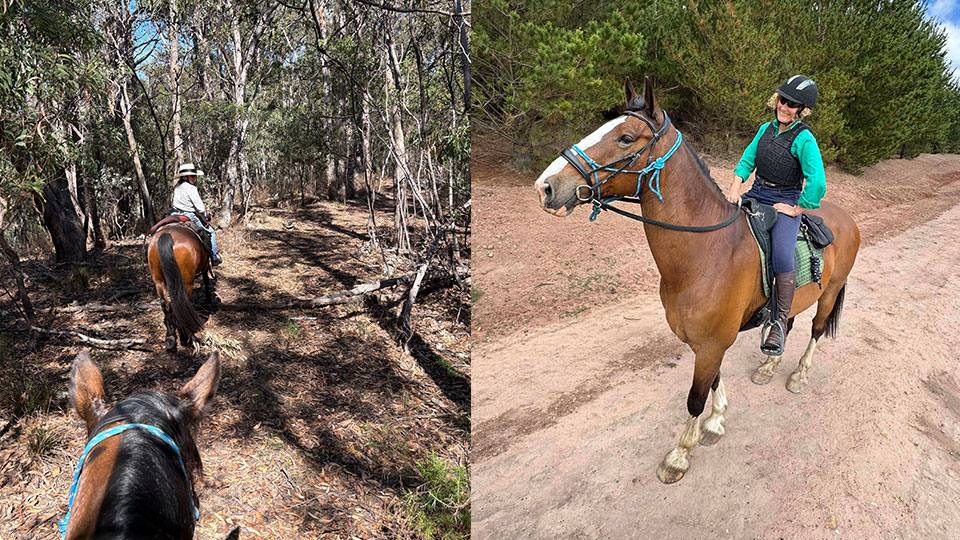
Most leaders don’t think they’re controlling.
They think they’re being efficient. Helpful. Clear. Supportive.
But here’s the slightly wicked truth: You can control a conversation without even meaning to — and your team feels it instantly.
But control doesn’t only show up in what we do.
It also shows up in what we say and how we say it — especially in the questions we ask.
The pretend-open-question problem
In every Leaders Who Ask program, I hear leaders proudly say, ‘Oh, I already ask open questions.’
Then we listen to what they actually say.
And often… it’s not pretty.
These are the classics:
‘Have you spoken to her?’
‘Do you think you can get this done by Friday?’
‘Will you increase the budget or cut the cost base?’
If those are your ‘open questions’, here’s the newsflash:
They’re not questions.
They’re instructions in disguise.
Statements dressed up in sheep’s clothing.
Why this matters (and why your team won’t tell you)
Closed questions feel fast. Neat. Contained.
You get the answer you want and move on.
But your team pays the price.
They learn to give short answers.
They stop thinking out loud.
They wait for the leader to tell them what the leader really wants.
Congratulations — you’ve now trained a room of intelligent adults to behave like schoolchildren.
And then there’s the biggest culprit: ‘Why’
‘Why’ is the word leaders reach for when they want insight.
But most of the time, they (unintentionally) deliver an interrogation.
‘Why did you do that?’
‘Why didn’t you check?’
If you’ve ever wondered why someone looks instantly defensive… that’s a big clue!
Drop why.
Choose curiosity instead:
‘Talk me through your thinking…’
‘Help me understand what led to that…’
‘Tell me more about…’
If you think you’re great at this… you might not be
When leaders self-rate their coaching ability, most give themselves a comfortable score. But research in Harvard Business Review found that 24% of executives who think they’re great coaches are actually rated in the bottom third by their colleagues.
Ouch!
The wicked question to ask yourself
Are you genuinely opening a conversation —
or are you steering it while pretending not to?
One tiny shift in wording can turn a conversation from:
‘I’ll tell you what to do,’
into
‘I believe you can think this through.’
Letting go of conversational control isn’t weak. It’s sharp, intentional, courageous leadership.
And sometimes, a little wicked honesty is where the shift begins.
Go fearlessly
Corrinne (aka the wicked fairy!)
PS If your team or organisational culture could do with a bit more ‘ask’ and a bit ‘less tell’ – a bit more empowerment and a bit less control – we should talk about my Leaders Who Ask program. It’s about practical, repeatable habits that create more confident conversations, greater accountability, and stronger engagement.
STAY IN THE LOOP
Subscribe to our blog.
Exciting. Intimidating. Challenging. Encouraging. Discouraging. These are some of the emotions we face when we commit to mastering something new. The first time I gave a ‘speech’ was in my postgraduate year, presenting my research findings to fellow students and examiners. I was so nervous I felt sick. Afterwards, I felt proud of what I





